Basic Math Skills Easy Worksheets for Ages 3-6
25 filtered results
-
From - To
Help your child build a strong math foundation with our "Basic Math Skills Easy Worksheets for Ages 3-6." Specially designed for young learners, these colorful and engaging worksheets make learning fun and effective. Focusing on essential skills such as counting, number recognition, basic addition, and pattern identification, our thoughtfully crafted activities support early math development. Perfect for both classroom and home use, these worksheets cater to different learning styles and are ideal for keeping little ones excited about math. Give your child a head start in their math journey with our easy and enjoyable resources!
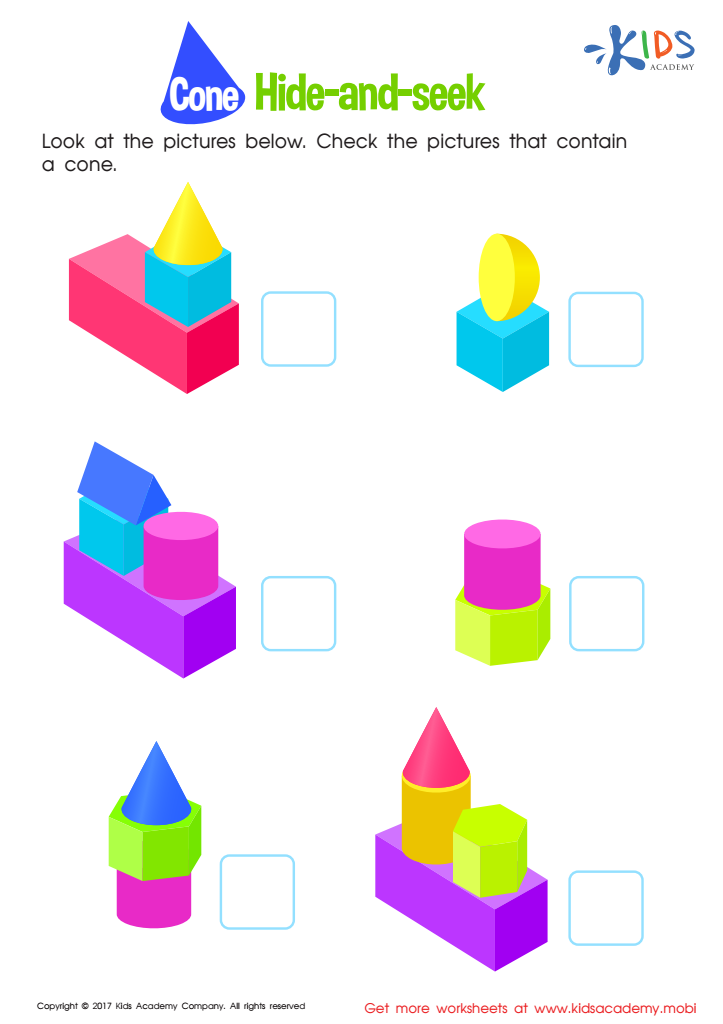

Cone Hide-and-Seek Worksheet
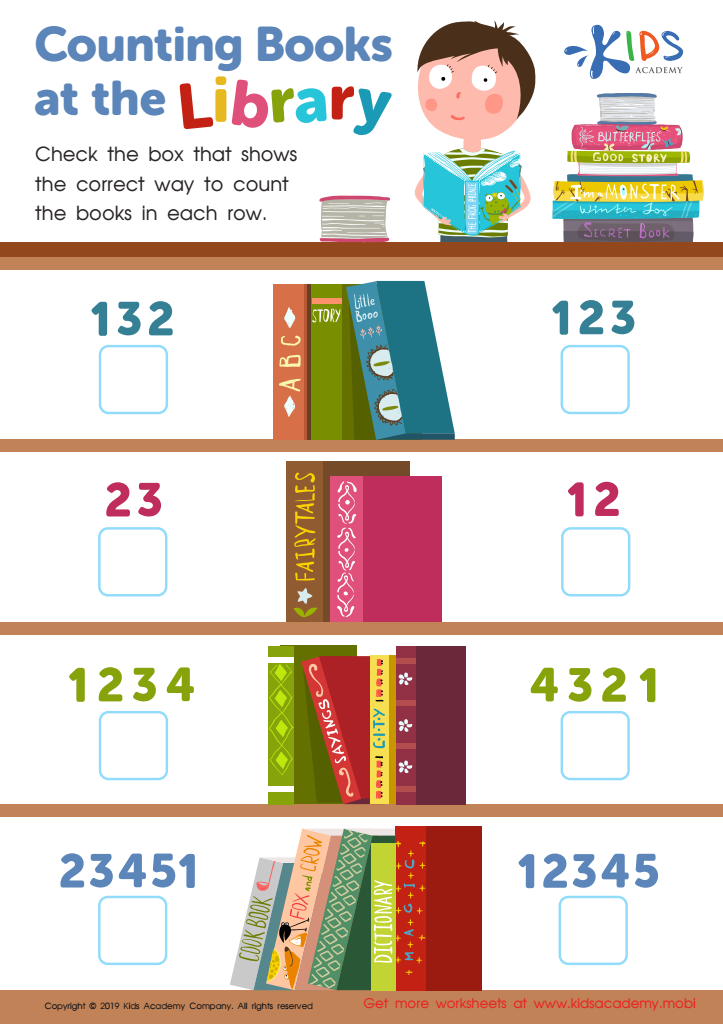

Counting Books at the Library Worksheet
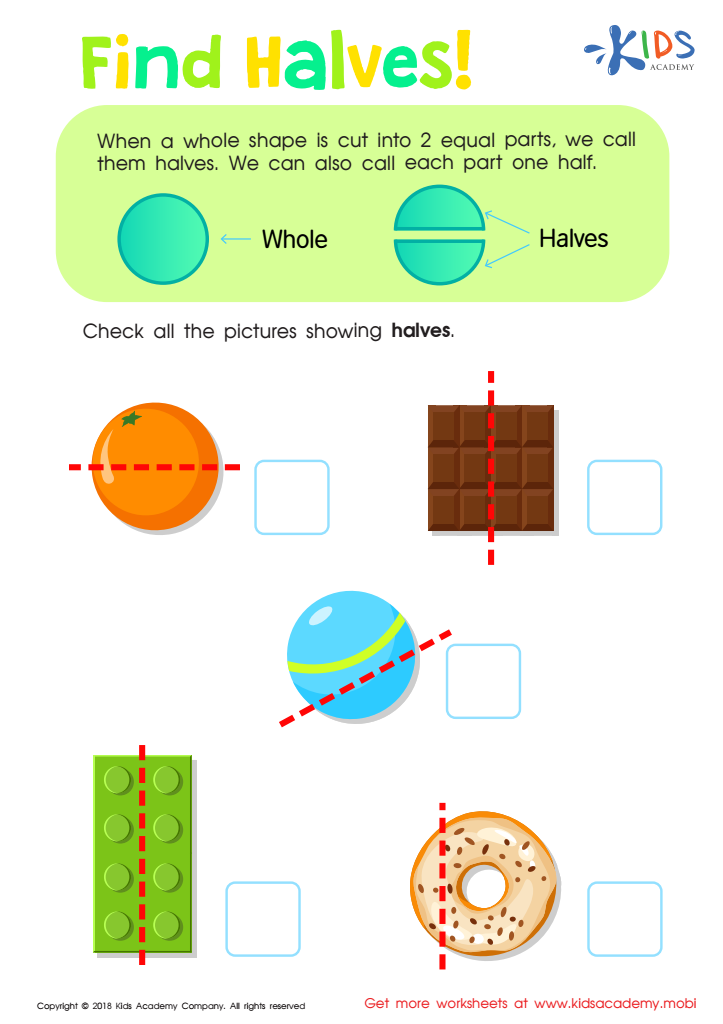

Find Halves Worksheet
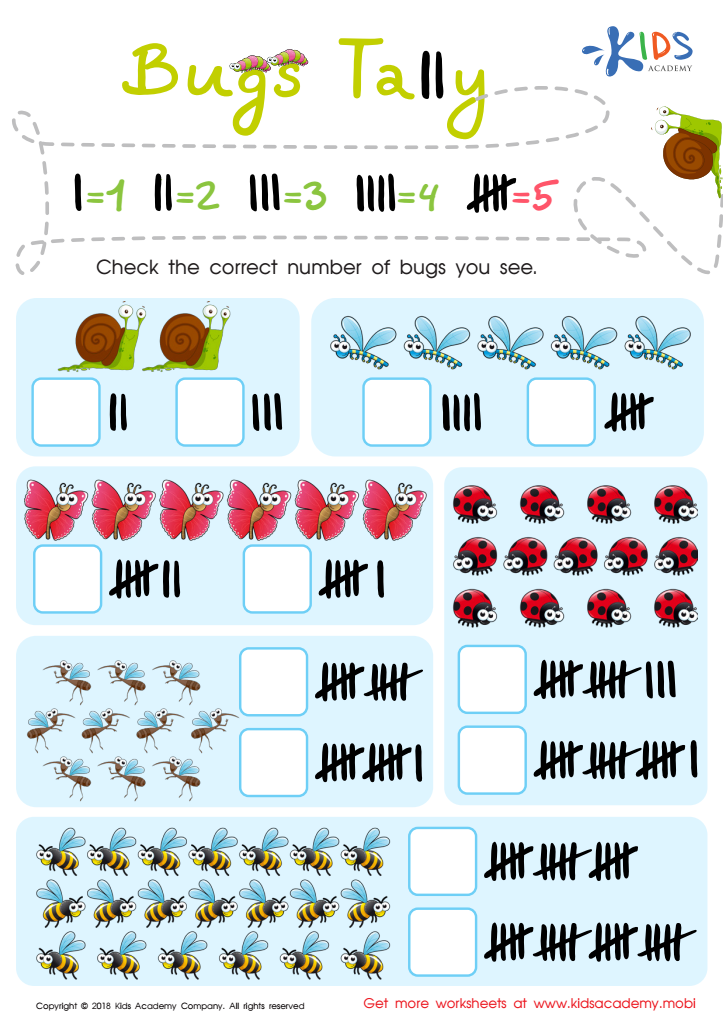

Bugs Tally Worksheet
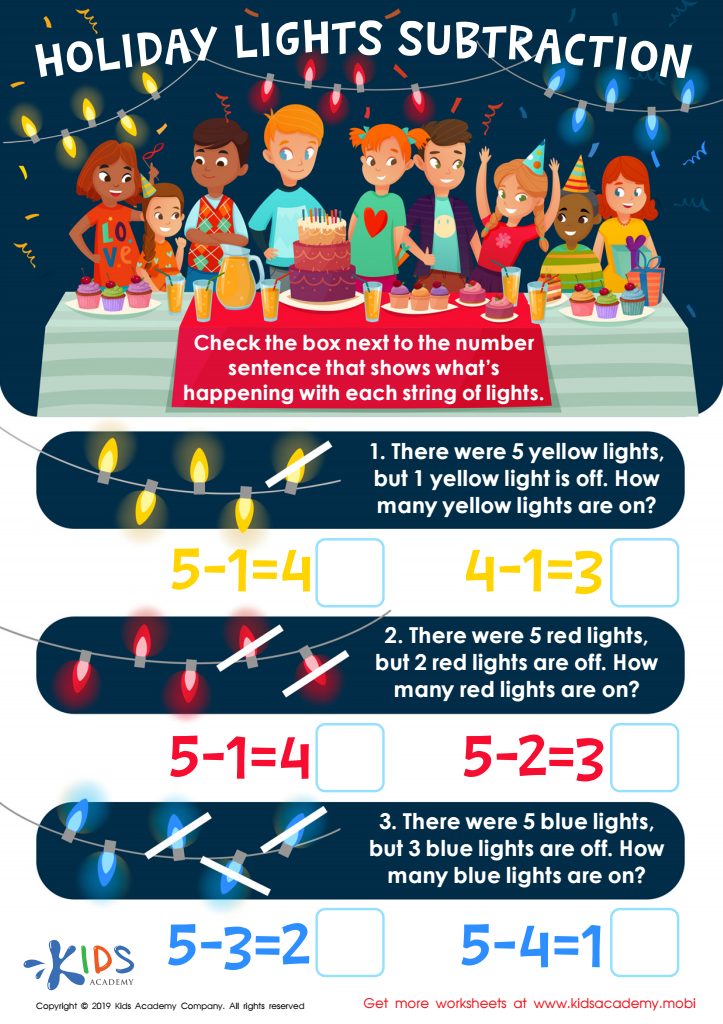

Holiday Lights Subtraction Worksheet
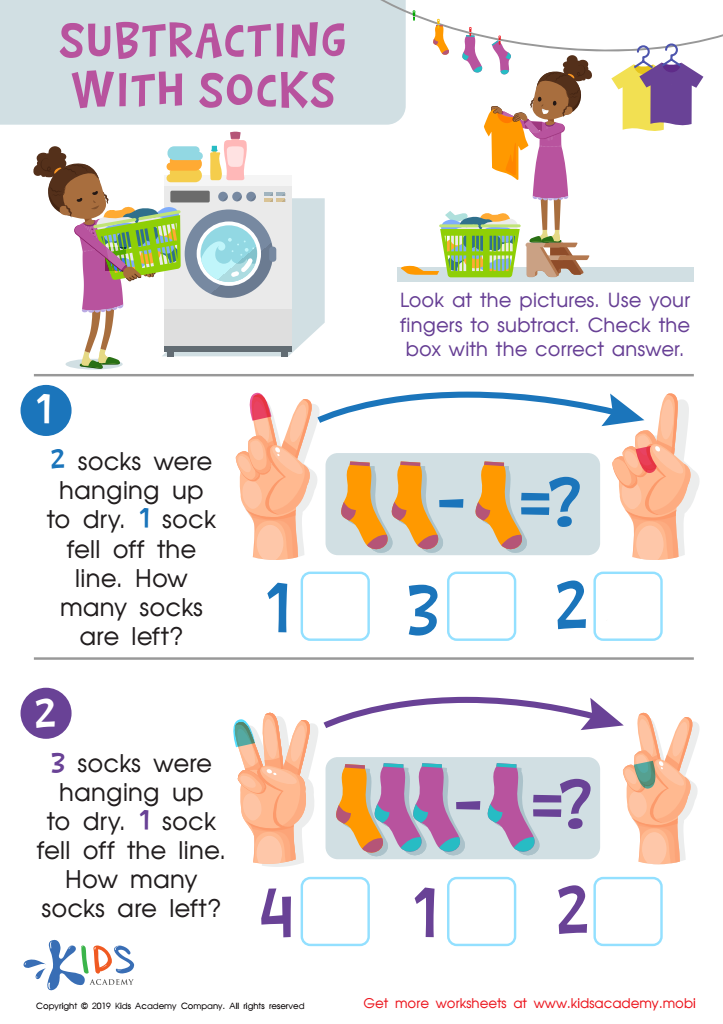

Subtracting Socks Worksheet
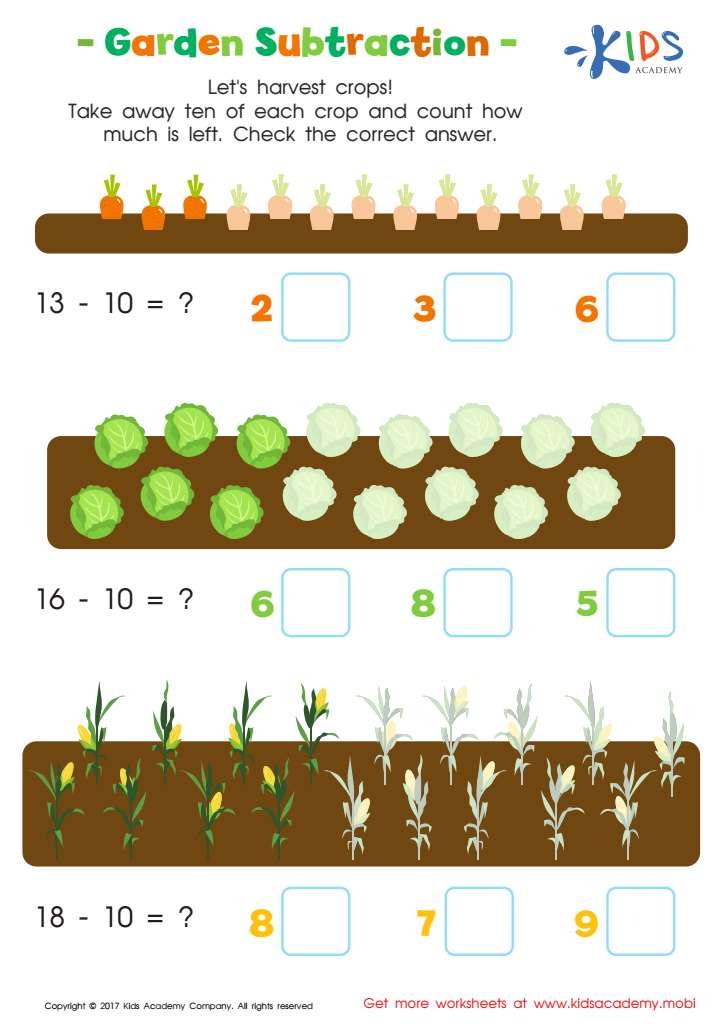

Garden Subtraction Worksheet


Counting Seedlings Worksheet
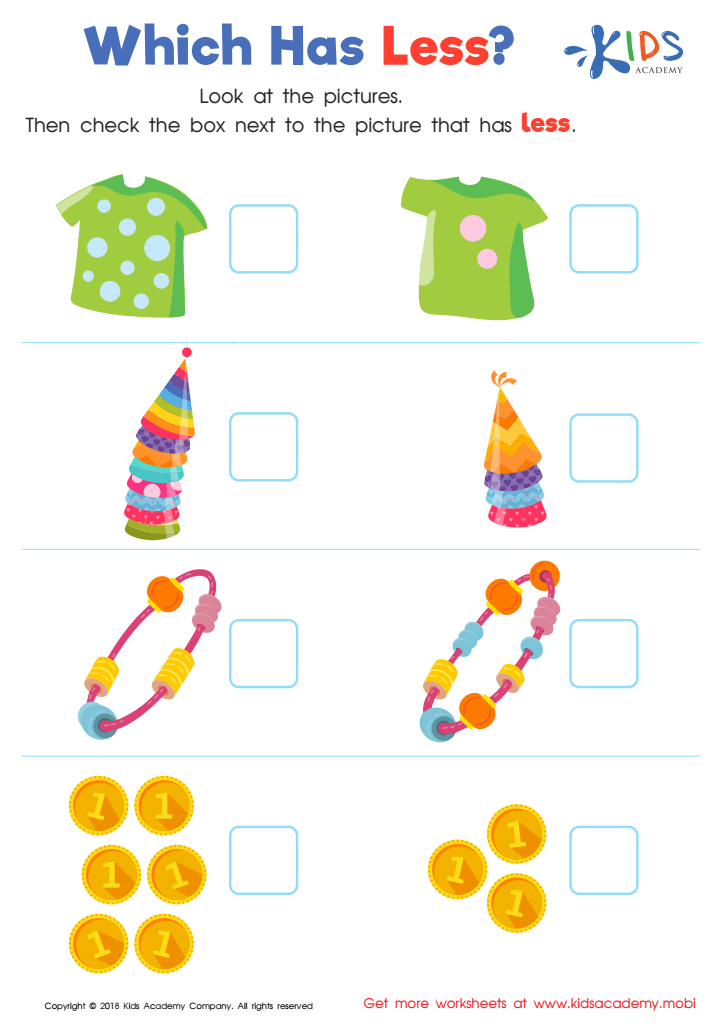

Which Has Less? Worksheet
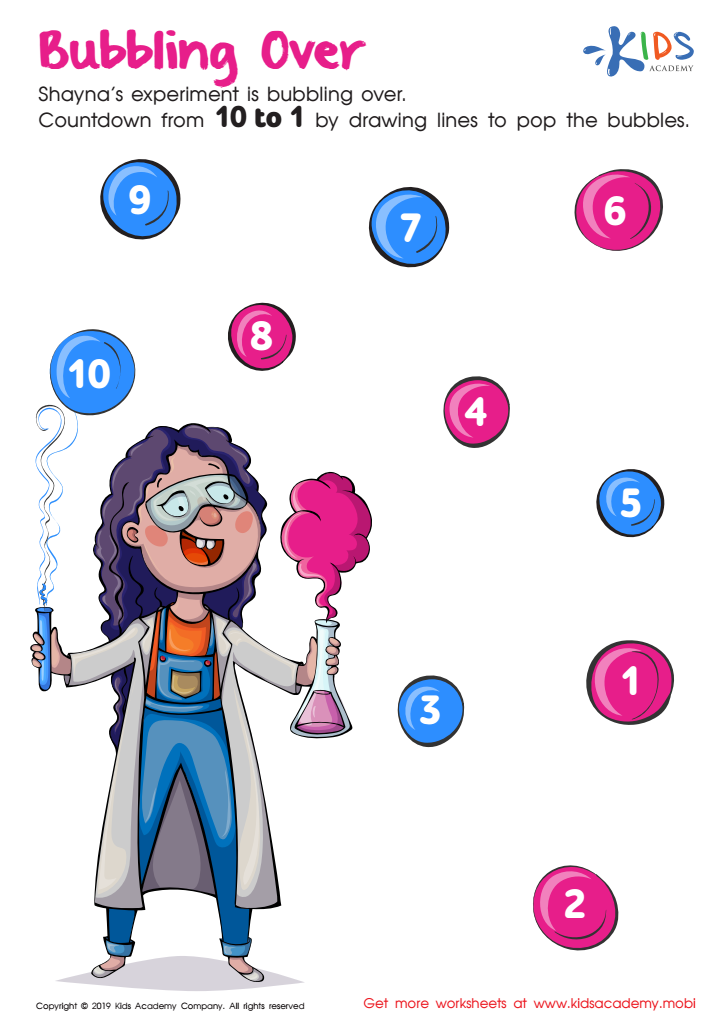

Bubbling Over Worksheet
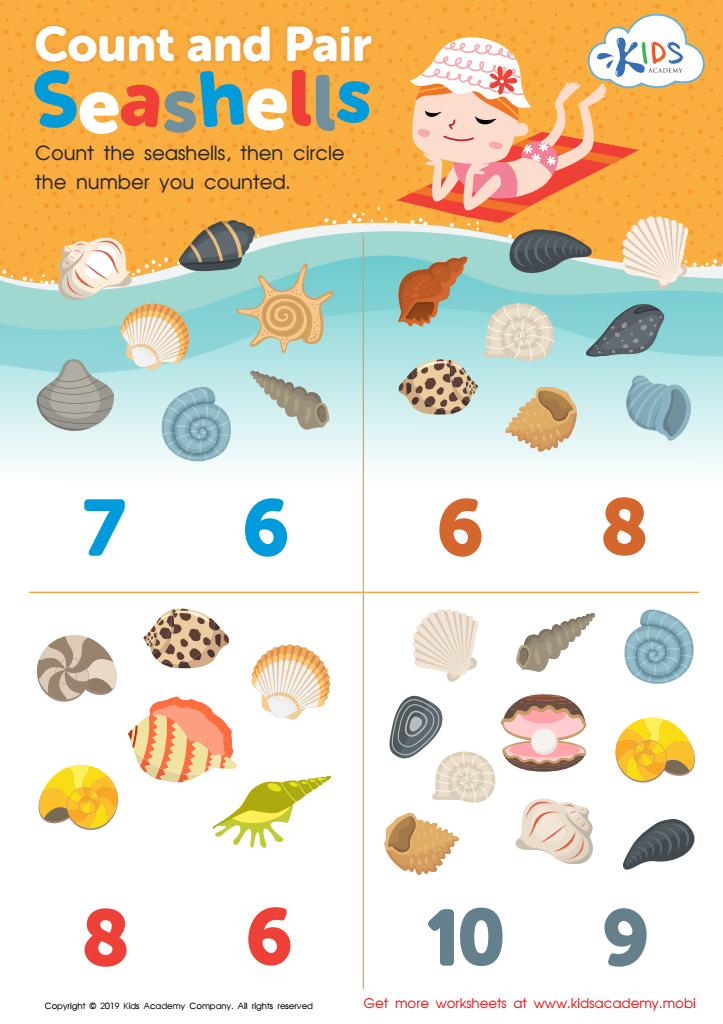

Count and Pair Seashells Worksheet
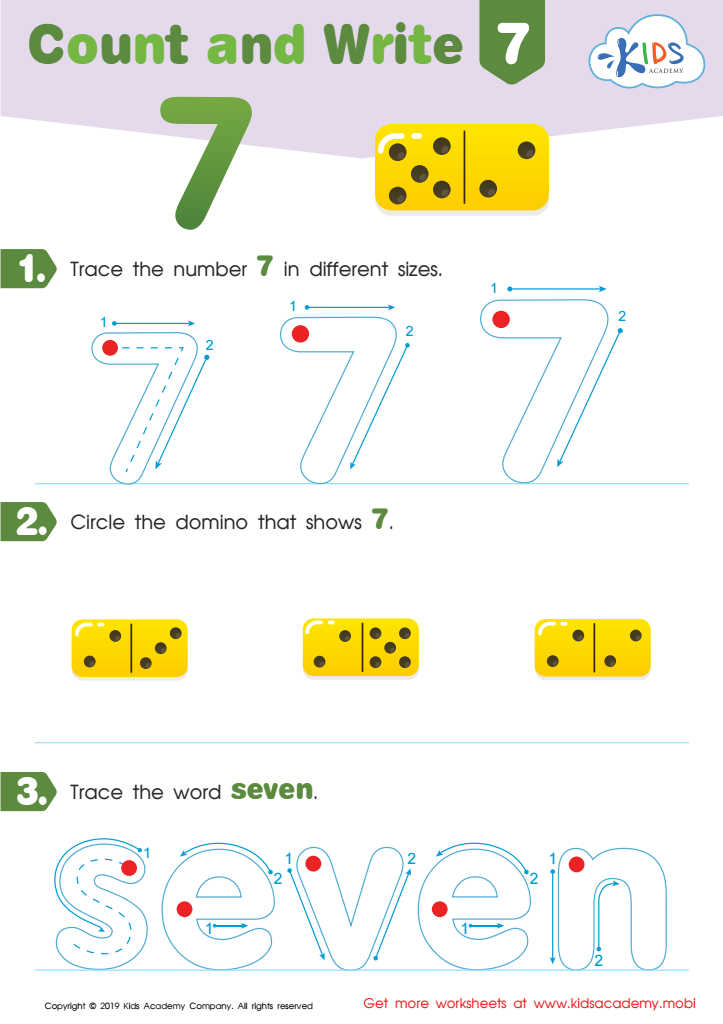

Count and Write 7 Worksheet
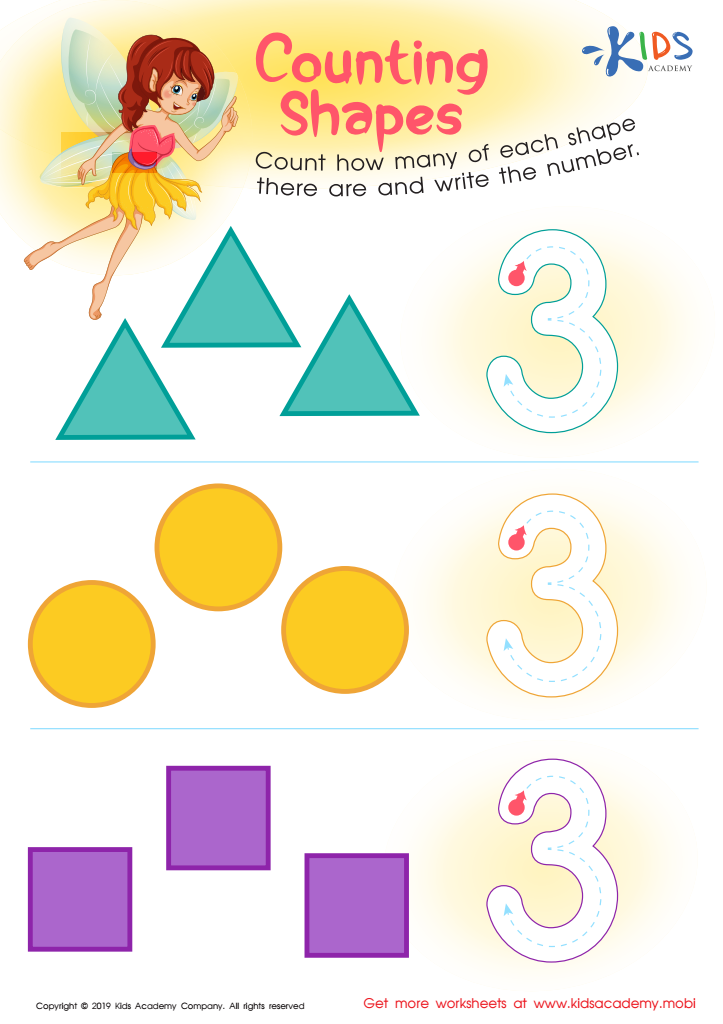

Counting Shapes Worksheet
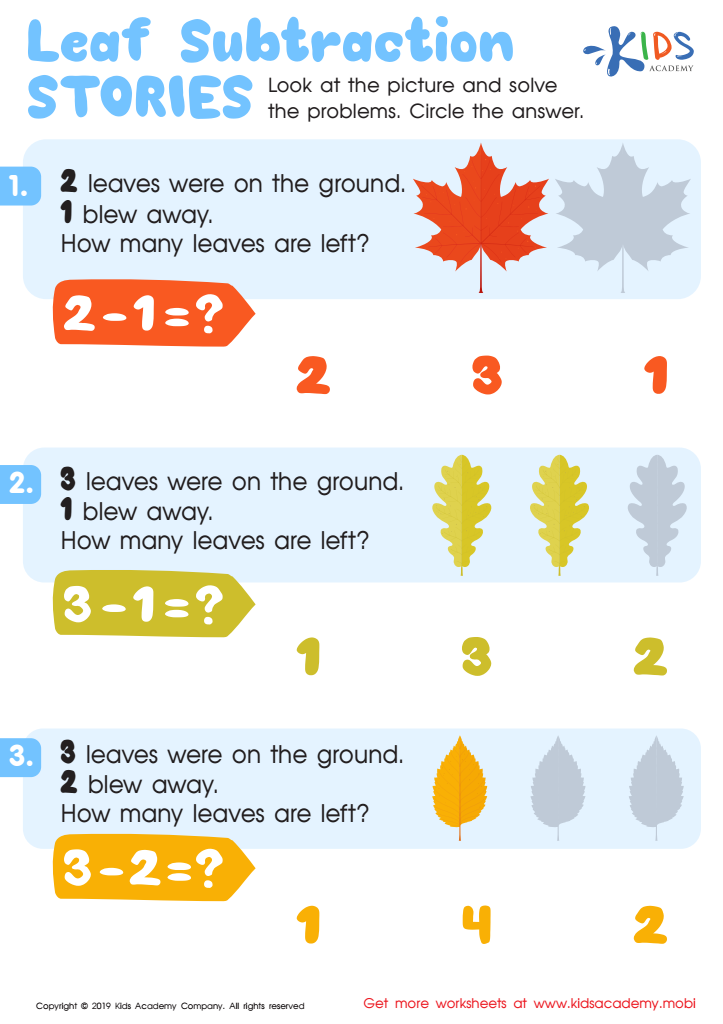

Leaf Subtraction Stories Worksheet
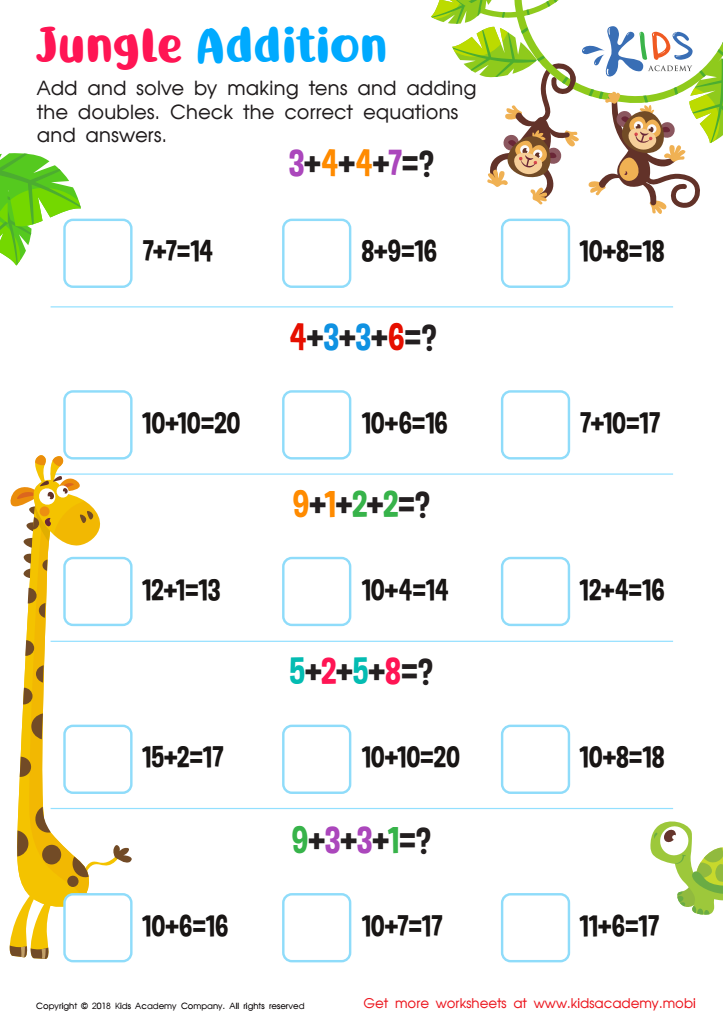

Jungle Addition Worksheet
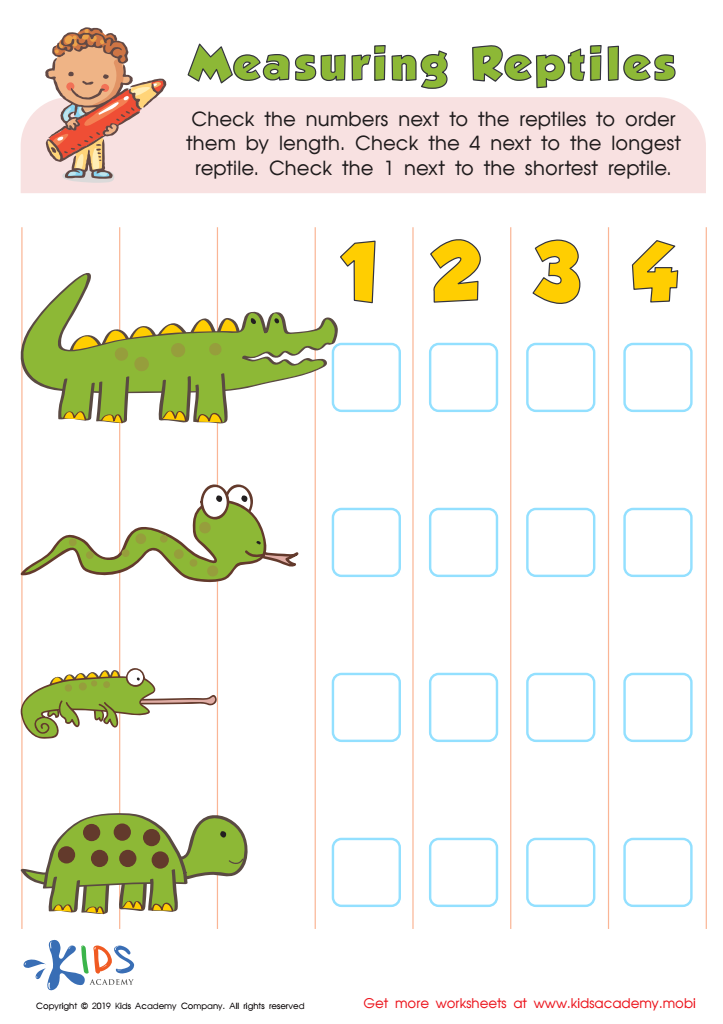

Measuring Reptiles Worksheet
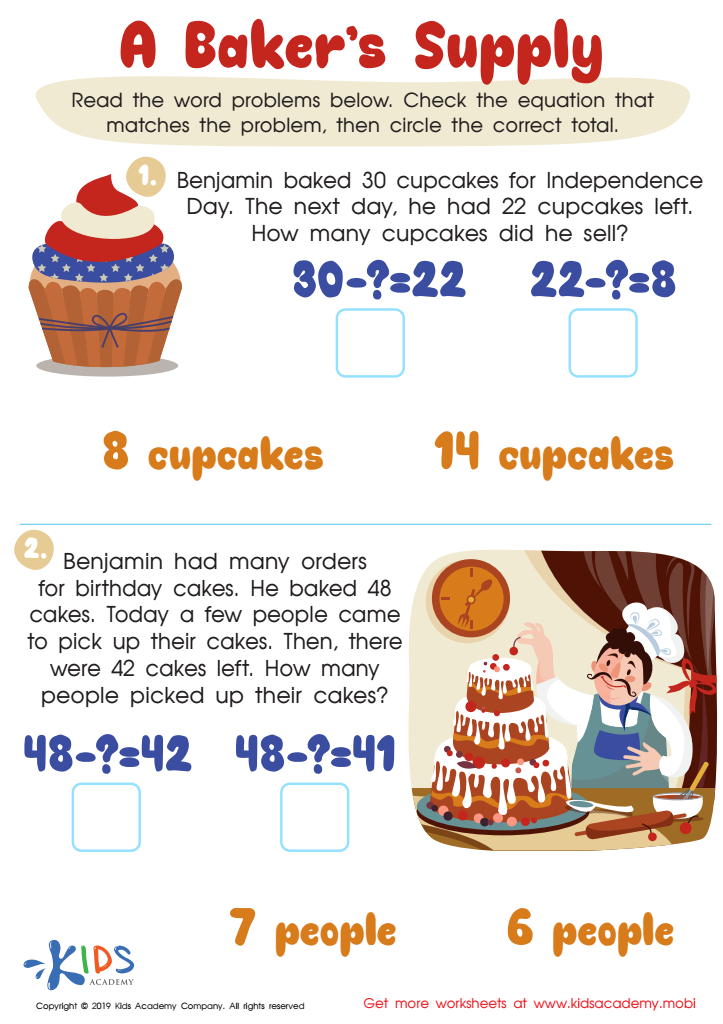

A Baker's Supply Worksheet
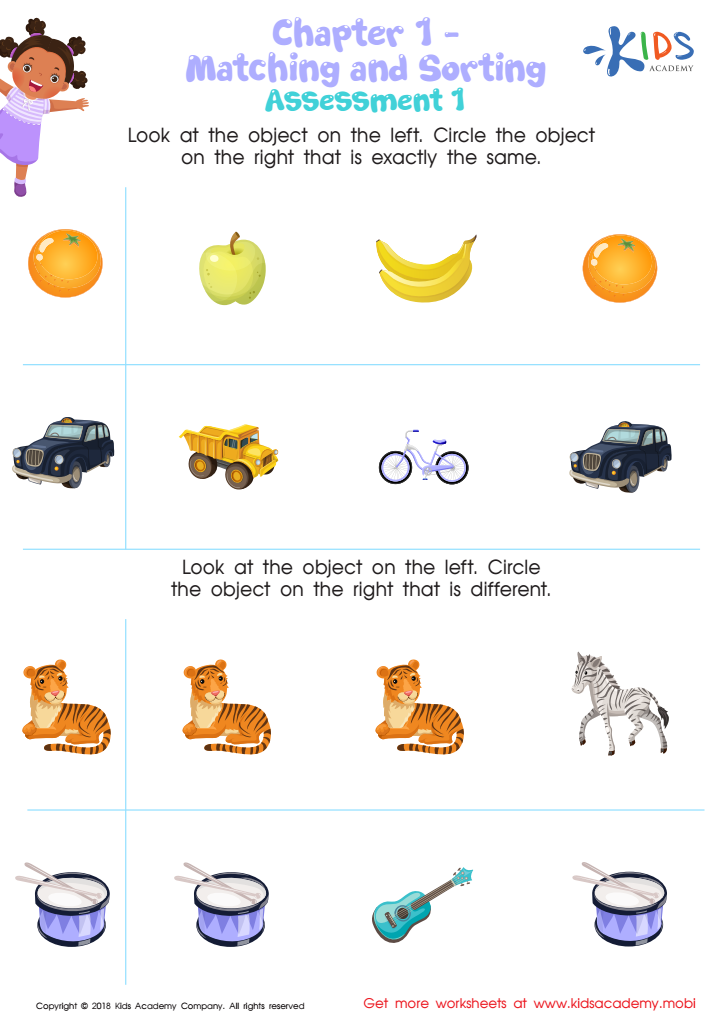

Matching and Sorting for Preschool: Assessment 1 Worksheet
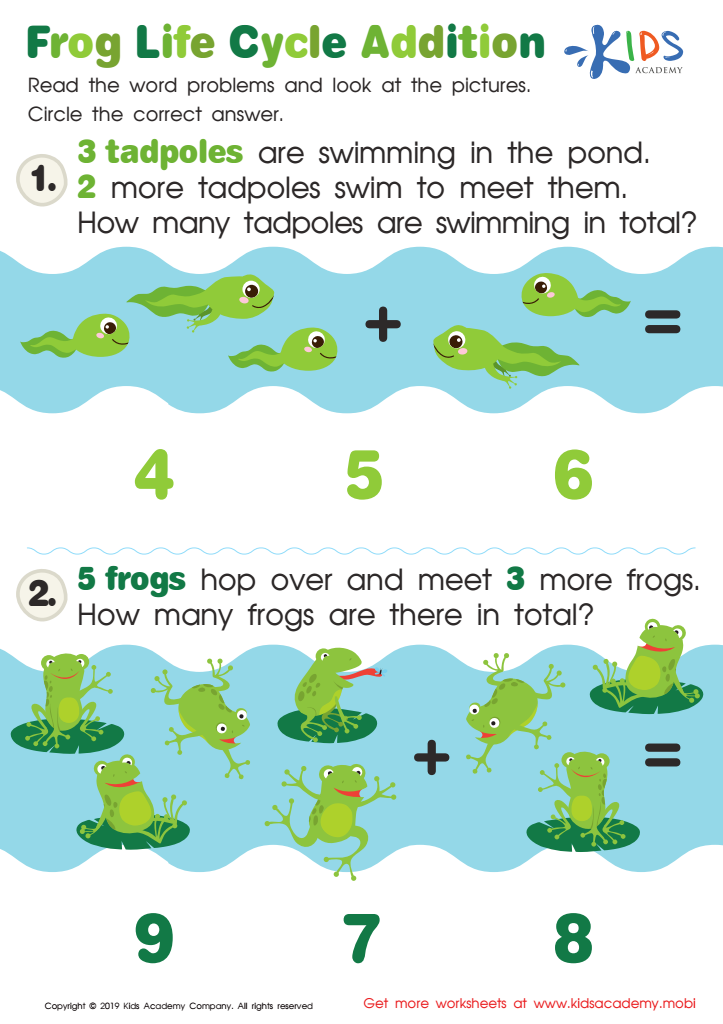

Frog Life Cycle Addition Worksheet
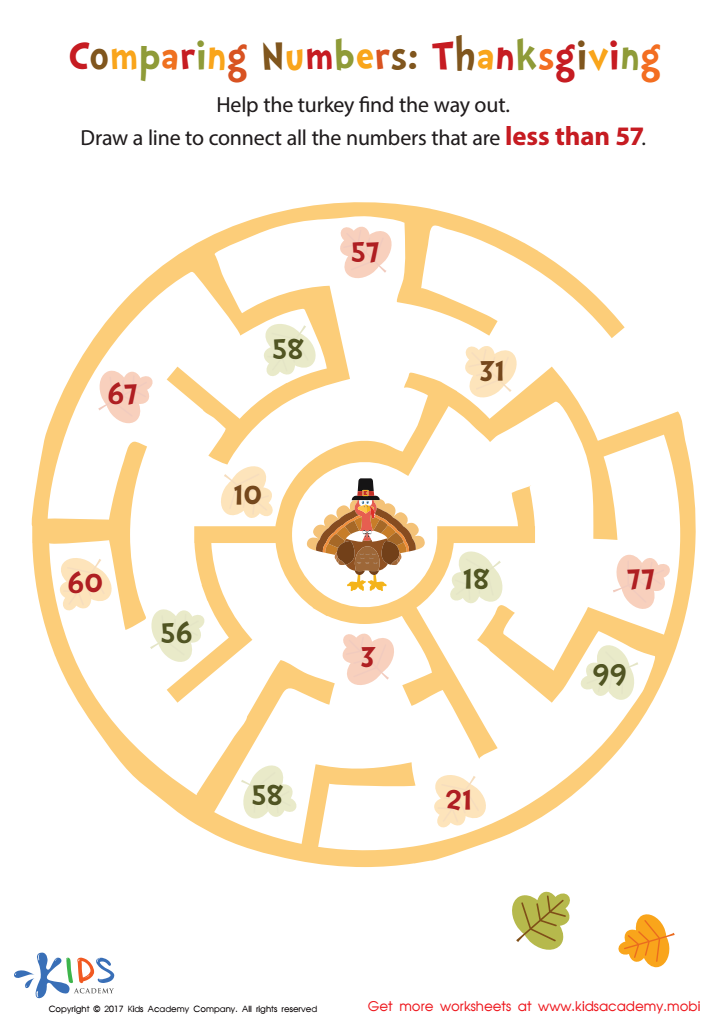

Comparing Numbers Printable
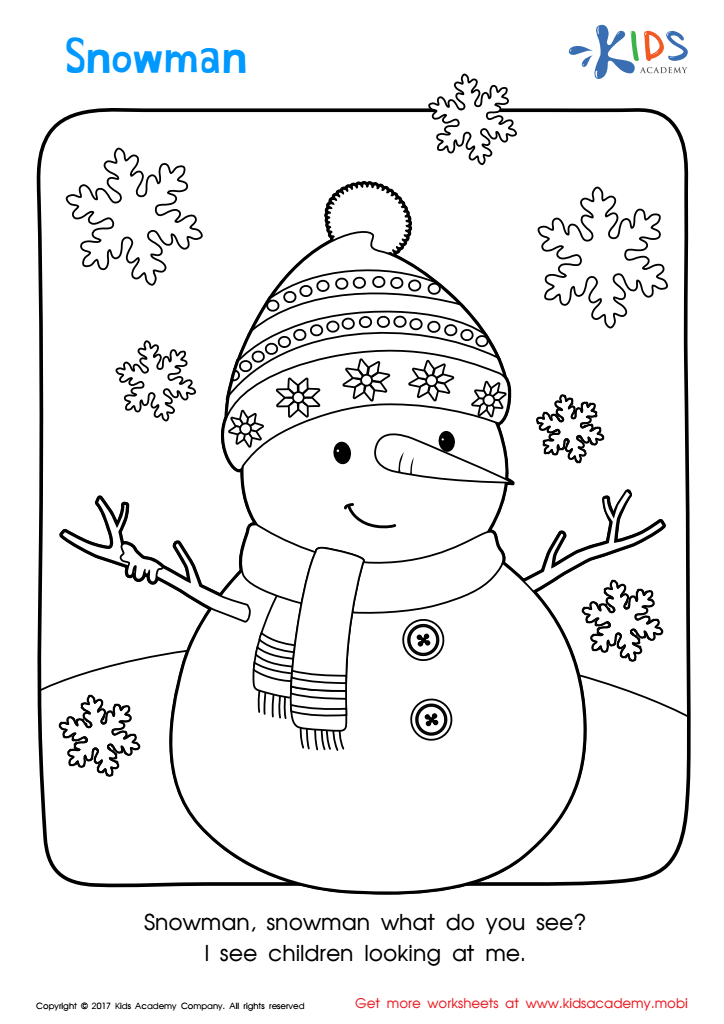

Christmas: Snowman Printable
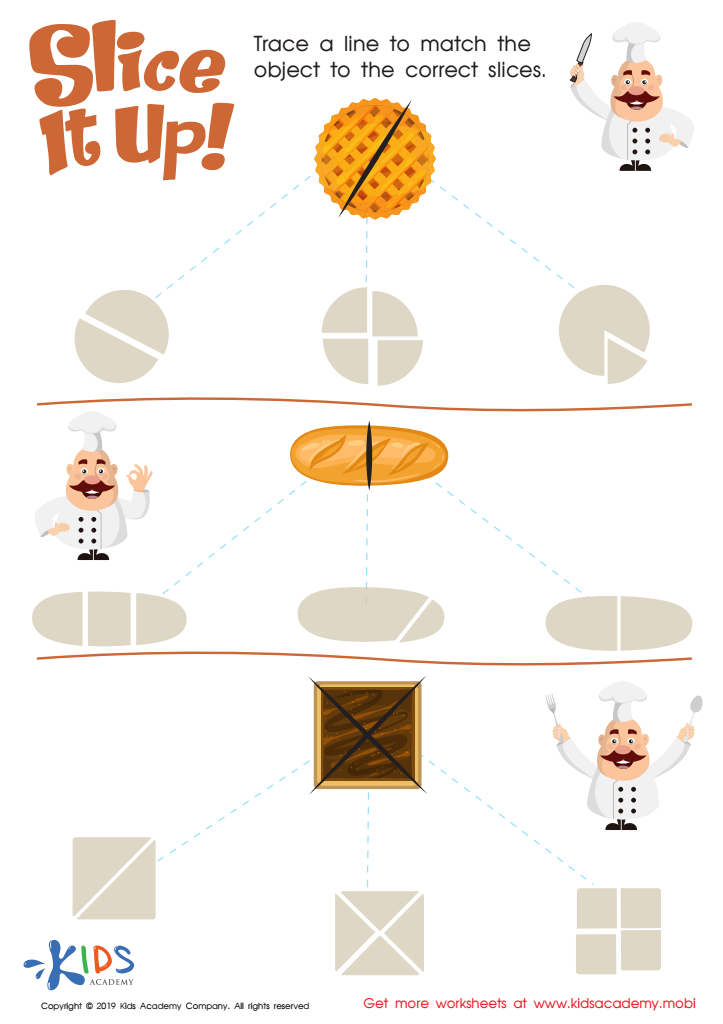

Slice It Up Worksheet
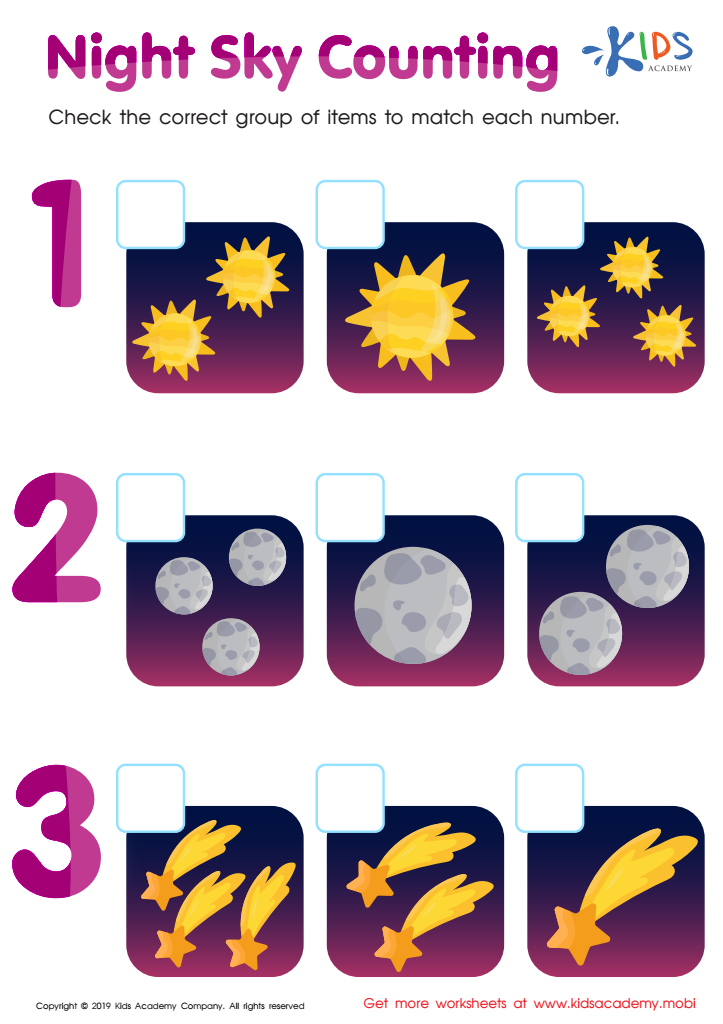

Night Sky Counting Worksheet
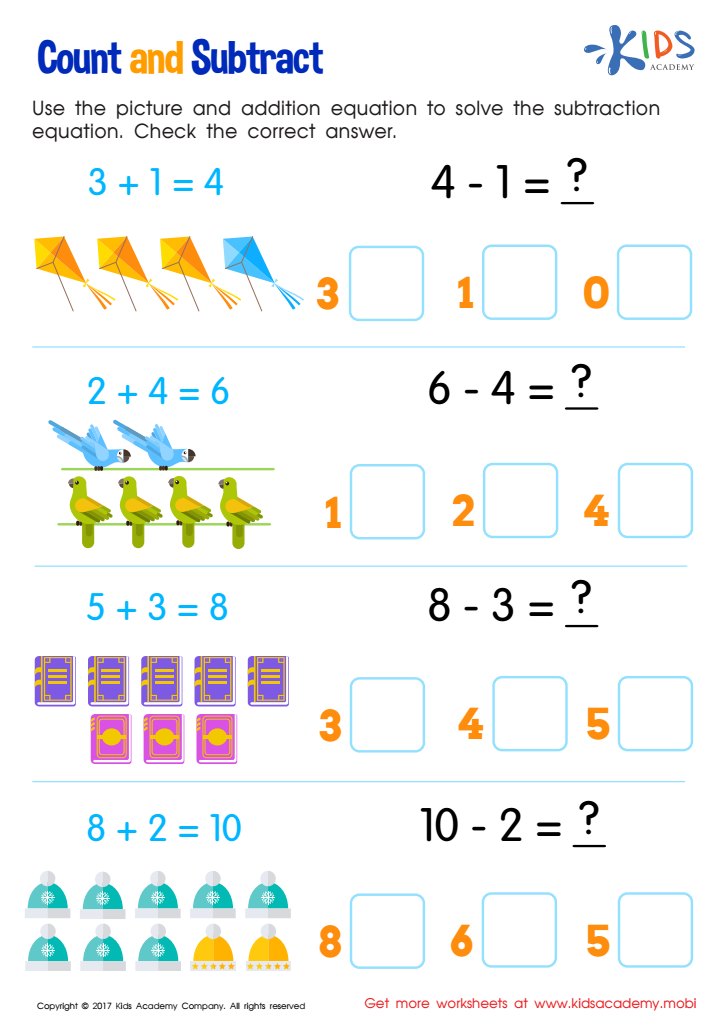

Count and Subtract Worksheet
Basic math skills form the cornerstone of a child's education, particularly for ages 3-6, which is a critical period for cognitive development. During these early years, children are highly receptive to new information and are developing foundational skills that will support their academic growth. Focusing on basic math skills, such as counting, recognizing numbers, and understanding simple concepts like more or less, sets the stage for more complex math learning in the future.
Parents and teachers should care about these skills for several reasons. First, mastering basic math helps children build confidence and a positive attitude toward learning. Success in early math can create a sense of accomplishment, encouraging a lifelong enthusiasm for education. Additionally, early math skills are strong predictors of later academic achievement, not just in math but across other subjects since math encourages logical thinking and problem-solving abilities.
Furthermore, integrating math into everyday activities can stimulate a child’s natural curiosity and make learning feel like a game, rather than a chore. This approach can forge an early love of learning and enable children to see the relevance of math in their daily lives, paving the way for future intellectual engagement.
Thus, ensuring that children aged 3-6 develop basic math skills is essential for their overall educational trajectory and lays the groundwork for their lifelong learning and intellectual development.
 Assign to My Students
Assign to My Students









.jpg)












